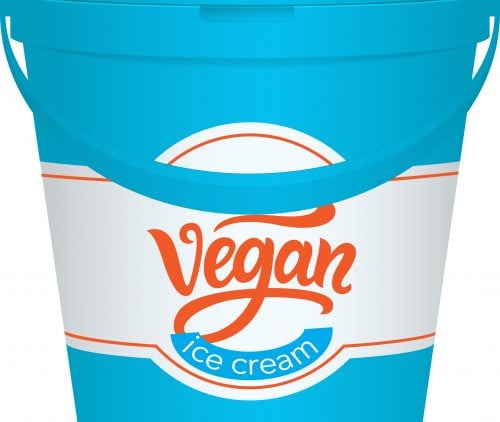
Are vegetarian ‘meats’ and vegan ‘dairy products’ breaking any rules by not containing what they’re named after? Gwendoline Keel and Ciska de Rijk, food law specialists at Simpson Grierson, find out.
Vegetarian ‘bacon’ and ‘sausages’, nut ‘milk’, soy ‘cheese’ and vegan ‘ice cream’ sound like oxymorons, but these foods are now commonplace. So, are they breaking any laws by being labelled as something they don’t contain?
What’s the law got to say?
The Fair Trading Act prohibits false and misleading representations and requires substantiation for any claims made. It is not just words that can be misleading. The overall impression conveyed by the product’s packaging, pictures and logos is what counts when determining whether a product’s claims are misleading.
Also, under the Food Code, certain foods must meet specific definitions in order to be sold as such. For example, milk is defined as ‘the mammary secretion of milking animals, obtained from one or more milkings for consumption as liquid milk or for further processing’. Sausage is defined as ‘meat that has been minced, meat that has been comminuted, or a mixture of both, whether or not mixed with other foods, and which has been encased or formed into discrete units’.
Where is the line in the sand?
Products that are named and sold as food that do not meet their legal definitions are, perhaps, technically in breach of the Food Code.
These products normally get around this non-compliance issue by providing additional clarifying information on the labels. For example, in an almond milk product the word ‘almond’ clarifies that the product is derived from almonds, and not the ‘mammary secretion of milking animals’.
It should be made clear to the consumer what the product actually is. For instance, the packaging for vegetarian bacon bits must ensure that consumers are able to tell that the product does not contain meat as traditional bacon does, and that the product is indeed suitable for vegetarians.
Any fine print or clarifying statements must be prominent, clear and easy to read.
What’s up over the ditch?
The Australian Competition and Consumer Commission (ACCC), which regulates the Australian Consumer Law, takes a hard-line approach to false and misleading claims in relation to food. Hume Import & Export was fined $10,200 for its ‘Hi Honey’ product including the word ‘honey’ and a map of Australia on the label.
The ACCC considered that this gave the impression the product was honey made by honey bees in Australia, whereas the product was mainly made from plant sugars and made in Turkey.
The ACCC has announced taking action against misleading and deceptive practices as part of its 2017 priorities.
Consumer tip
Pay attention to the ingredients list to determine what is within a product, and read claims on the label for additional information. Visit the manufacturer’s website for further information or to ask questions.
www.healthyfood.com










